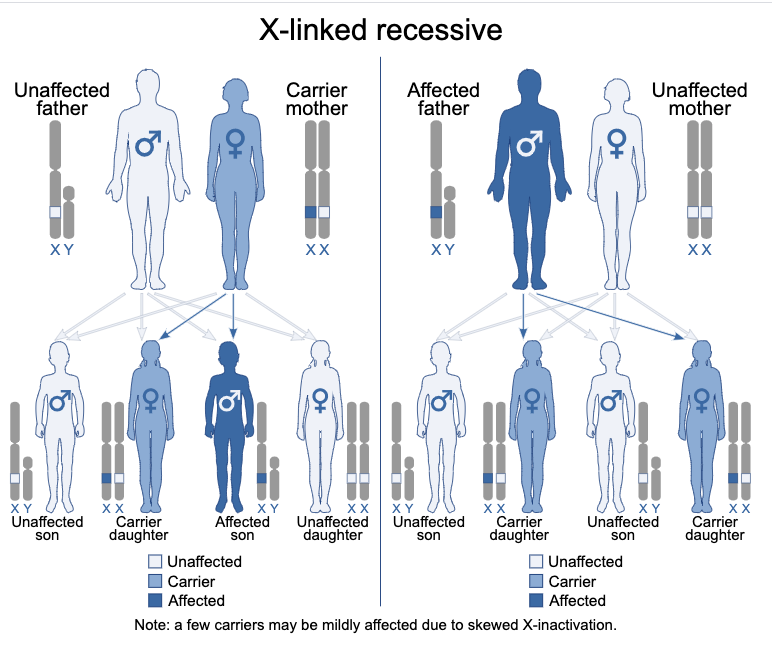One of the consequences of the homo reliquiae theory is that human evolution can no longer be considered valid. As the result of microevolution, humans are not a “species better adapted to harsh conditions”. On the contrary, they are a group of individuals who will fight pigheadedly against all adaptation and all change. It is pointless to deny this. Human inability to adapt means natural selection has ceased affecting our species. Therefore, it is difficult to say whether we, as Homo sapiens, are even a proper species. Here are a few reasons to deny men the right to use the concept of species for themselves:
- As an evolutionarily evolving species, the human genetic variation is nearly zero.
- Additionally, there is no limit to the maximum size of human populations.
- Men lack common forms of behaviour.
- As a species, man violates the laws of the living world to sit easily on “the ladder of evolution”.
- Moreover, the population no longer forms natural herds; its members are permanently individuals with their own needs and will.
I think there is reason to believe that in the distant past human psyche faced a significant change compared to our most stable and unchangeable life from childhood to old age. This change happened once, only on the eve of adulthood. It was not just an adaptation to community rules and personal insecurity but a total loss of one’s conscious mind. But this feature disappeared from us! For that reason, we will keep a child’s mind throughout our lives! Nowadays, we are happy to diagnose the corresponding mental changes as severe illnesses. Understandably, we cannot see anything wrong in our mind because our mind is always the same. However, some change occurs: we become anxious and have a never-ending urge to ask questions. We are missing something. And something extraordinary must have happened in our evolution because it looks like we are alone, asking questions.
Evolution was true
Human evolution is an embarrassment to us in two ways. First, even if we did not want to, we are the outcome of evolution, but only until we become modern humans. After that, we would like to be an evolving and naturally born species—but we are not. That is due to the curious emergence of our species. That means that we, as a species, were not born due to natural selection. So there is something in us that does not fit well with nature. Either way, natural selection gave birth to the mechanisms that eventually led us to get rid of it. Life experimented with us and failed. So we are freaks in that we are a failed experiment that survived. But we are only alive for now. However, we should be an extinct species. Because we don’t understand this, we want to see our appearance in the world as the primary goal of evolution. Science tends to think this way, but such reasoning is still wrong.
What do we say when we characterise ourselves as human beings? Humanity is the opposite of “bestial” barbarism and irrationality assimilated to it, even if we produce more violence, brutality, betrayal and selfishness than any other being in the known world. Human evil can not indefinitely be defined as an exception. We all must have something evil within us. We also should not apply the attributes of a good myth to humanity. Good myths are visions and ideologies known to be false or misleading but supported by their positive consequences. Humanity stands clearly on the debatable zone between hard facts and the social order. If we want to be honest with humanity, social peace will suffer, and if we wish for social stability, we must sacrifice the truth. Humanity is the essence of man, and it makes us speaking, acting, cheating, fighting, loving and thinking creatures. It is misleading to imagine that humanity would be just good things. On the contrary, humanity is much more draconian than we are willing to see. The true essence of humanity lies far beyond our ethical boldness.
Where does humanity come from?
From an evolutionary point of view, our juvenile nature is hardly an adaptation. First, it does not look like one, and it makes no sense, either. Secondly, natural selection is not the only possibility that could have caused that. The juvenile features of human adults are likely due to an initially rare gene defect that has since spread to the entire population. Take an example. The human growth disorder could well have spread like colour blindness. As we know, human colour blindness is a recessively inherited trait. Practically, this means that 8% of men and 0.4% of women have red-green blindness. The feature requires suitable parents to activate. Likewise, the juvenile psyche, or “humanity” as it were, once could have been a rare and recessively inherited trait, whereas normal mental adulthood was a dominant and most common trait. If the recessive trait emerged due to prolonged human youth, it might be millions of years old. And that is very likely the case. The apparent rarity of the youth disorder would easily explain why the evolution of tools was practically almost non-existent—but only until the emergence of modern humans! Consequently, all the pre-human but human-like activity may come from this recessive trait.

The mutation for colour blindness is carried on the X chromosome. Females have two X chromosomes, so they will only be carriers if they have an unaffected one. To be at risk of inheriting the disorder, females need both a carrier mother and an affected father. Conversely, males only have one X chromosome, which they inherit from their mothers. If that chromosome is involved, the male child will be colour-blind. This chart shows that the spread of colour blindness – or if we imagine a mental growth disorder is a similar genetic defect – would take a long time. And if the trait were to spread to all individuals, the population would have to face a catastrophe in which only the colour-blind would survive. Image source: Wikipedia.
The speciality of man is the loss of a healthy genome. But, unfortunately, this unhealthy and fatal legacy resides in our psyche, which does not want to understand or accept evolution. This impasse is the price of our intellectual abilities.
The modern human is the first species to have had the technical skills and ability to isolate itself from the world. For this reason, it is challenging to consider humans as part of evolution anymore. Heidelberg man evolved normally, but modern humans were born to fight against all adaptation. Despite their intergenerational and racial specificities, human inheritance is very similar, and DNA modification is very low. Compared to other primates, the variation is even abnormally minor.



